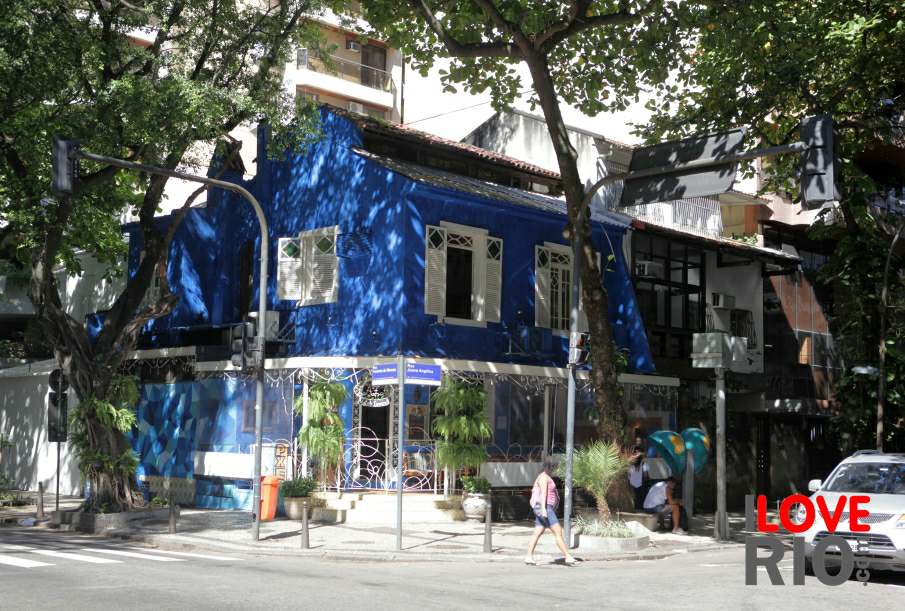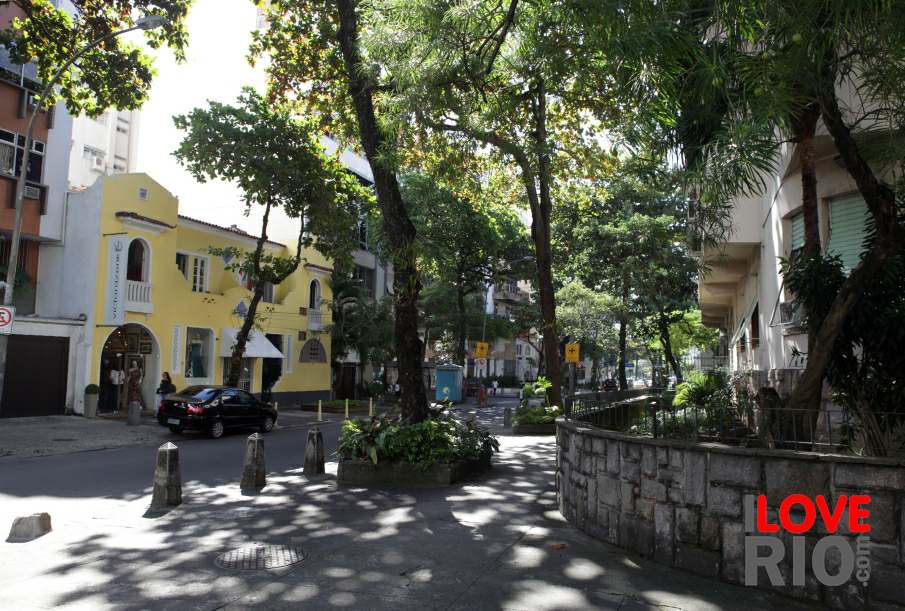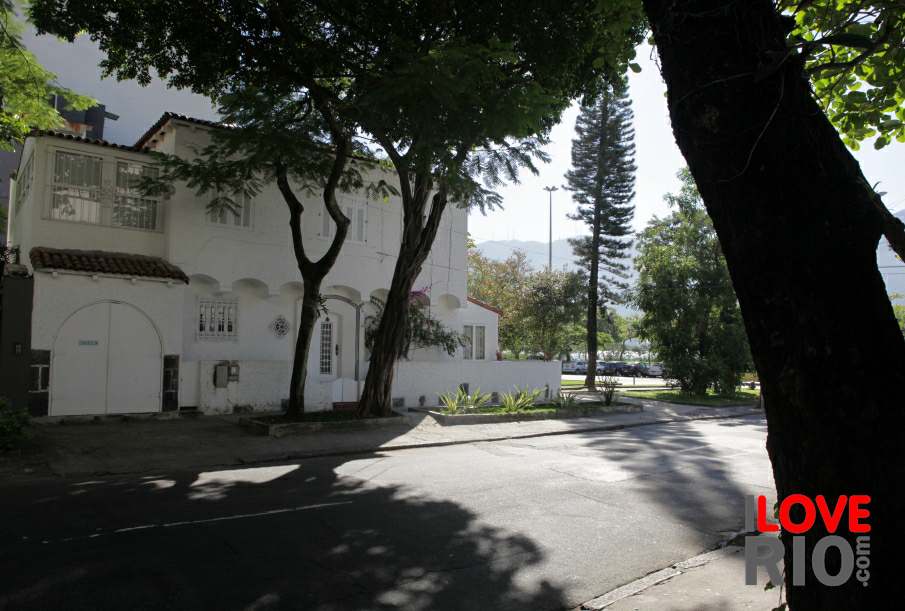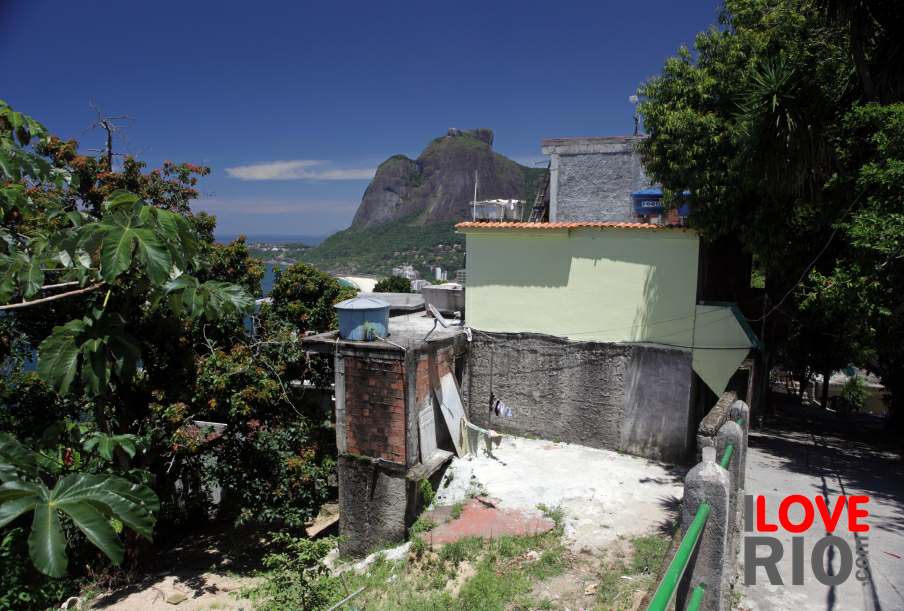





Gender roles in favela communities are comparatively traditional, which is reflected in the occupational profile of women in rocinha. According to the Rocinha working census, conducted by the Secretaria Estadual da Casa Civil (State Secretary of Civil Homes) in March of 2010, Rocinha is home to 5,600 cleaners, nannies and laundresses, while another 1,000 work in the beauty industry. Other typical occupations include receptionists, secretaries, seamstresses and educators. The census also revealed that 43% of successful small businesses in the community are run by women. Women who work outside the house are confronted with the ongoing predicament of how to keep their children safe and cared for while they work. Indeed, there are around 8,000 children under the age of 6 living in the community of Rocinha, according to the census. This demonstrates the importance of the emergence of crèches in enabling women in favelas to enter the labor market, empowering them to support themselves and increase household income.








